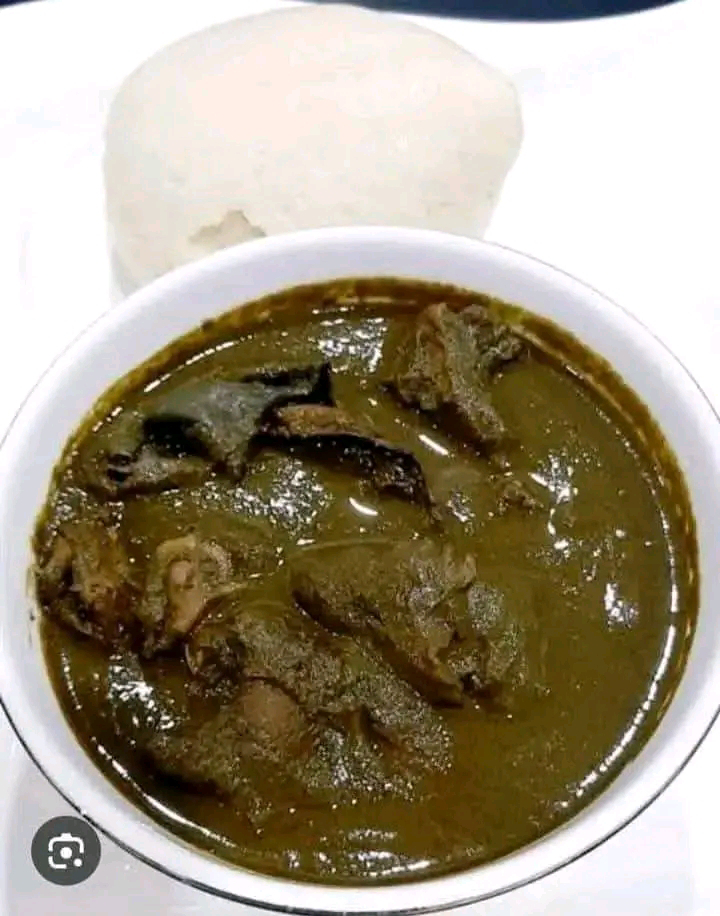African Cuisine: Spices, Stews & Stories
Exploring the Heartbeat of a Continent Through Food
When you think of African cuisine, what comes to mind? Maybe it’s the fiery kick of West African jollof rice, the slow-simmered aroma of Ethiopian doro wat, or the comforting richness of North African tagine. But African food is more than recipes — it’s a living, breathing archive of history, identity, and storytelling. Every spice blend, every bubbling pot of stew carries the memory of generations.
In this post, we explore the richness of African spices, the depth of its stews, and the powerful stories that make the continent’s cuisine unforgettable.
The Power of Spices: More Than Just Flavor
In African kitchens, spices are not just ingredients — they’re storytellers.
From the warm turmeric of North Africa to the bold berbere of Ethiopia and the fiery scotch bonnet peppers of Ghana and Nigeria, African spices carry cultural memory. They reflect trade routes, colonial histories, migration patterns, and spiritual practices.
Key African Spices You Should Know:
Berbere (Ethiopia): A bold blend of chili, garlic, fenugreek, and warm spices. Essential for dishes like doro wat.
Suya spice (Nigeria): A smoky, peppery mix often used for grilled meats. A street food staple with bold personality.
Ras el Hanout (Morocco): Literally meaning “head of the shop,” this blend can contain up to 30 spices and is used in couscous, tagines, and grilled dishes.
Cape Malay curry (South Africa): A reflection of Indonesian and Indian influence, this blend combines sweet and savory with notes of cinnamon, turmeric, and cardamom.
These spices are layered, not just added. They’re toasted, crushed, mixed with oil, and infused with patience — a skill passed from mother to daughter, elder to youth.
Stews That Nourish the Soul
In Africa, the stew pot is sacred. It gathers families, unites neighbors, and feeds entire communities. Whether it’s a light groundnut soup or a heavy egusi stew, African stews are slow-cooked narratives of flavor and love.
Popular African Stews and What Makes Them Special:
Egusi Soup (Nigeria): Made with melon seeds, leafy greens, and spicy meat stock. Often served with pounded yam or fufu.
Maafe (Senegal): A peanut-based stew with beef or lamb, simmered in tomato sauce with onions and garlic.
Doro Wat (Ethiopia): A chicken stew spiced with berbere and slow-cooked until thick and intense. Served with injera (sourdough flatbread).
Chakalaka (South Africa): A spicy vegetable relish often served with pap (maize porridge) at braais (barbecues).
Each stew is more than just food; it’s an expression of resilience, adaptation, and hospitality.
Stories in Every Bite
Food in Africa is never just about hunger. It’s about belonging.
A grandmother’s secret jollof rice recipe. A wedding where traditional dishes bind two families. The smell of grilled suya wafting through a Lagos street. The offering of food during spiritual ceremonies.
In African cultures, stories are shared not only around the fire but through the food itself. Recipes often aren’t written down. They’re remembered in rhythm: “a pinch of this, a handful of that, until it smells like home.”
This oral tradition means no two stews taste the same — and that’s the beauty of it. African cuisine celebrates individual hands and personal stories. It invites experimentation, emotion, and memory.
African Cuisine Is Global — But Still Deeply Local
Today, African cuisine is gaining recognition worldwide. From fine dining in London and New York to food trucks and pop-up kitchens in Cape Town and Nairobi, African chefs are reinventing tradition with modern twists.
Yet, what makes African food truly special is that it never loses its roots.
Whether you’re cooking from your grandmother’s kitchen or discovering these flavors for the first time, African cuisine teaches us that food is more than sustenance — it’s culture, identity, and love.
Final Thoughts: Why You Should Explore African Cuisine
If you’ve never cooked or tasted African food before, let this be your invitation.
Start with a simple dish. Try a jollof rice recipe. Order egusi soup from a local Nigerian restaurant. Or learn how to make Moroccan harira for your next dinner party.
Because when you explore African cuisine, you're not just eating — you're traveling through time, listening to stories, and becoming part of a bigger family.



